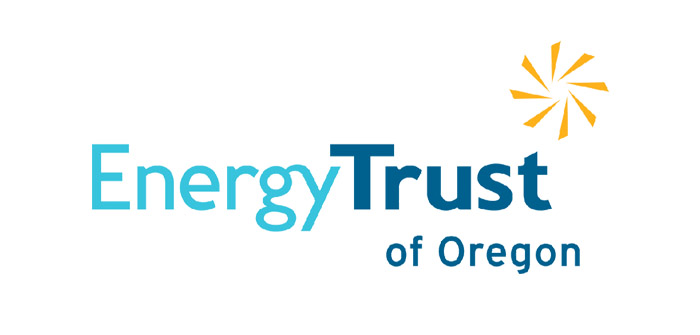As we pass the anniversary of the 2021 heat dome event, Energy Trust of Oregon, a nonprofit charged with helping utility customers reduce energy use, recommends residents take steps now to improve the safety and comfort of their homes this summer. Plus, with energy prices climbing, home improvements can provide much-needed financial relief for families across Oregon.
“During the heat dome last summer, we saw some of the hottest temperatures on record,” said Scott Leonard, residential spokesperson with Energy Trust. “With temperatures and energy costs on the rise, this is a great time for folks to make simple, but effective home improvements. We also want to make sure Oregonians have access to air conditioners, which can be lifesaving in extreme heat events. Incentives for energy-efficient central AC units are available through Energy Trust and utility partners, for people of all income levels.”
More information on air conditioner incentives and income-qualified incentives can be found at energytrust.org/residential/incentives/air-conditioning, and by checking with your local utility. Energy assistance programs are also available through local community-based agencies. Find your local agency at bit.ly/3KR80ho.
Here are Energy Trust’s top five tips for keeping your home safe and comfortable this summer. For more energy-saving DIY tips, visit energytrust.org/residential/DIY.
- Power down heat-generating devices: Home appliances, electronics and incandescent light bulbs create heat when on. Power down and consider upgrading to LED lights, which operate more efficiently and don’t give off excess heat. Skip the oven and use the microwave, stovetop or grill outside, if possible.
- Use your windows strategically: Less light = less heat. Close windows, blinds, shades and curtains to keep heat outside. Light-colored window coverings also help reflect heat away. Close windows and window coverings in hot weather during the day to keep hot air out and open windows at night or early morning to let cool air in. As a longer-term strategy, consider planting trees or tall shrubs to filter sunlight before it enters your home.
- Join the fan club: A ceiling fan can help circulate cool air from your air conditioning. If you buy a new ceiling fan, choose an ENERGY STAR qualified ceiling fan/light combination unit model and run it to spin counterclockwise, which pushes air down and creates a cool breeze.
- Keep hot air out and cool air in: Sealing air leaks and insulating your home can reduce cooling and heating costs. Add caulk or weatherstripping around drafty doors and windows and seal holes or cracks hidden in attics, basements and crawlspaces with caulk, spray foam or weatherstripping. Leaks make insulation less effective. So, if you’re adding insulation, seal air leaks first.
- Make the most of air conditioning: When no one is home, set the air conditioner or heat pump thermostat a few degrees higher than normal. Check the system air filter regularly and change it when it looks dirty. A dirty filter makes the system work less efficiently and reduces airflow. Make sure all vents and registers are well-sealed where they meet floors, walls and ceilings.




